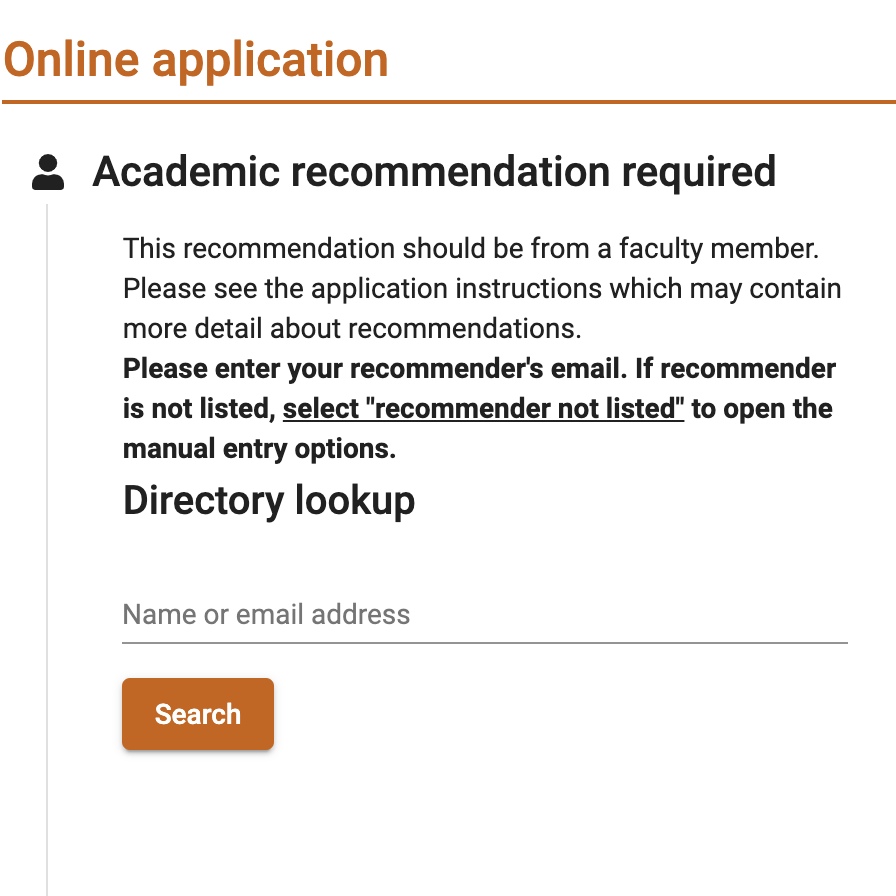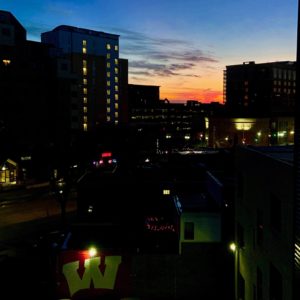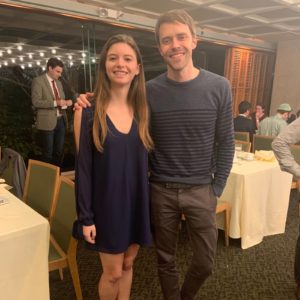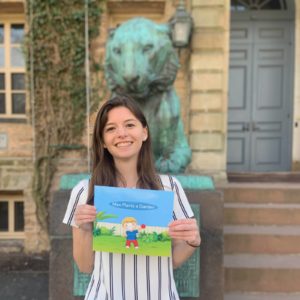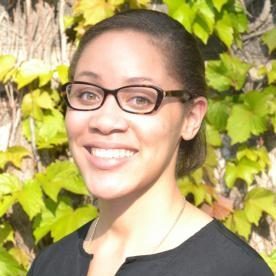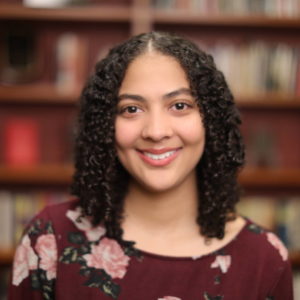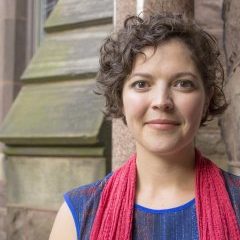In one of my previous posts about taking advanced courses in Princeton, I mentioned that I ended up taking two courses with Professor Iqbal Zaidi – ECO 353 (International Monetary Economics) and this fall, ECO 322 (Econometric Tools for Research in Macroeconomics) – both of which turned out to be some of my favorite experiences at Princeton. I recently interviewed him to know more about his career and how he came to specialize in international macroeconomics. After completing his Ph.D. from Princeton, Professor Zaidi worked for three decades at the International Monetary Fund (IMF), working in several positions and going on to serve on its Executive Board and manage IMF offices in Africa and Asia. He is now back at his alma mater, teaching specialized courses in macroeconomics. He also serves as an A.B. Academic Adviser.
I am dividing the interview into two parts. In the first part of my interview with Professor Zaidi, I concentrate on his career – specifically, what made him join the IMF after completing his Ph.D. at Princeton. The second part continues with his experience at the IMF and we then segue into his life in academia and what he loves about teaching and advising in Princeton.
Continue reading Graduate Studies and Careers in Public Service: an Interview with Professor Iqbal Zaidi – Part 1

